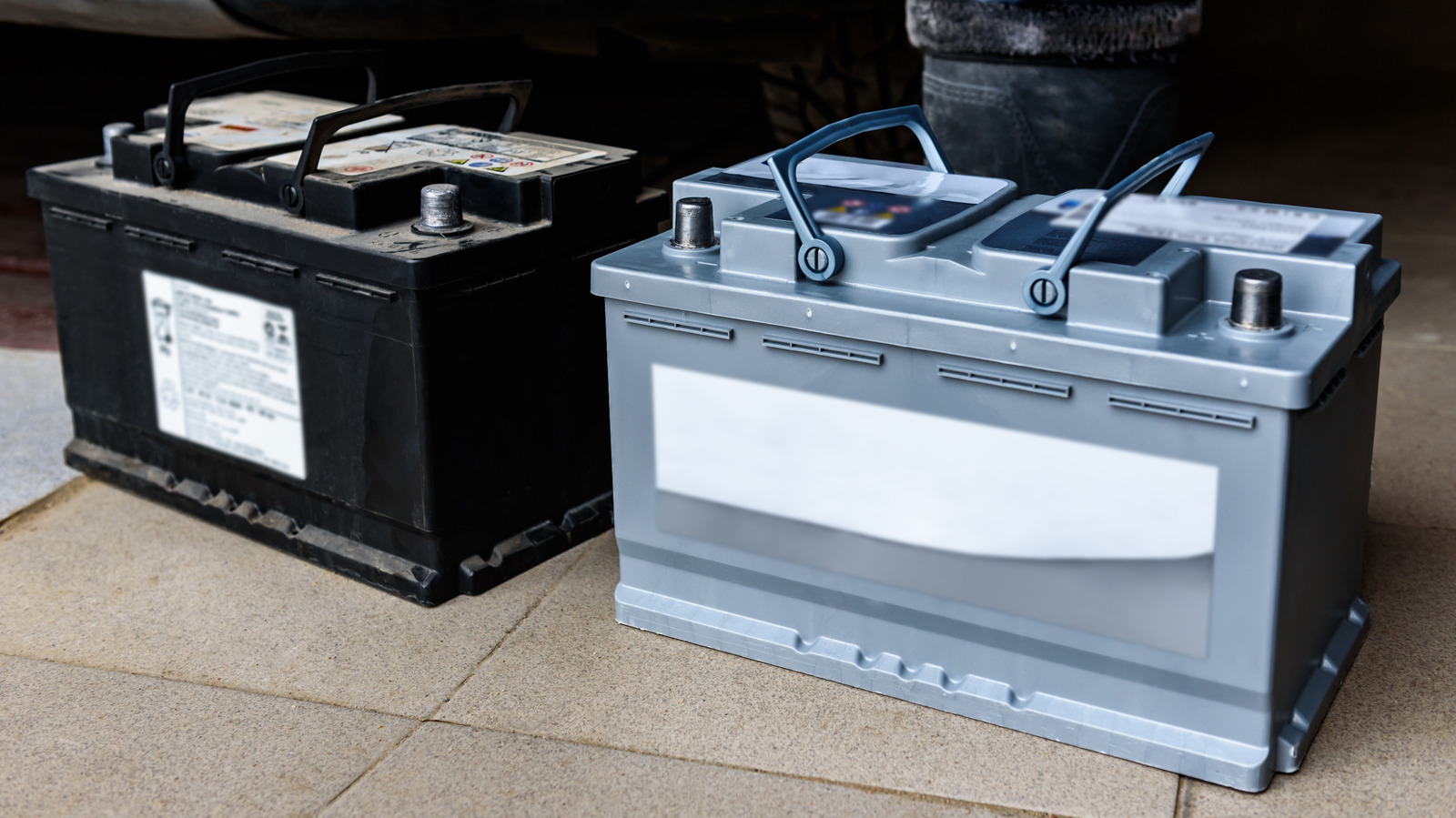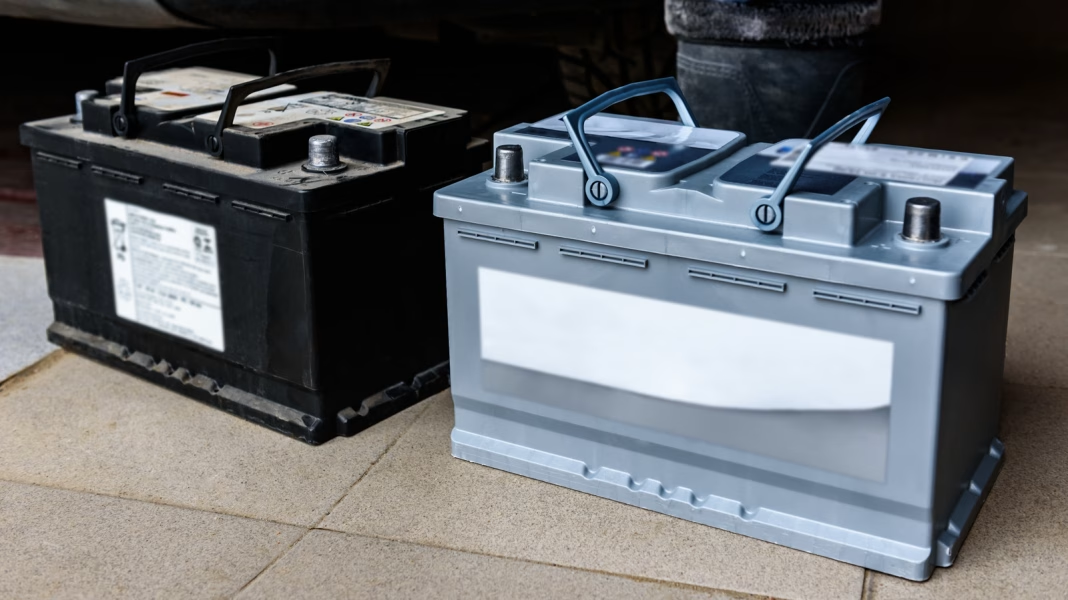You might have heard the old adage that leaving a car battery on a concrete floor can lead to it discharging faster. It’s one of those bits of wisdom that’s been passed around for years, often causing concern for car owners. But is there any truth to it? Let’s dive into the details and clear up this common misconception.
### Does Concrete Really Drain Car Batteries?
The short answer is no, concrete doesn’t inherently drain car batteries. This myth likely stems from the fact that batteries can discharge over time, and many people store them on concrete floors. However, the discharge is not due to the concrete itself.
Batteries lose charge due to a variety of factors, including temperature fluctuations, age, and the self-discharge rate of the battery. In fact, modern batteries are designed to handle being placed on concrete without any adverse effects. The real issue arises when batteries are stored in extreme temperatures or left unused for extended periods.
### The Science Behind Battery Discharge
To understand why the concrete myth persists, it’s helpful to look at how batteries work. Car batteries, particularly lead-acid types, can lose charge through a process called self-discharge. This is a natural phenomenon where the battery loses energy even when not in use. The rate of self-discharge can be influenced by temperature—higher temperatures can increase the rate, while colder temperatures can slow it down.
When a battery is placed on a concrete floor, especially in a cold environment, it might cool down more quickly than if it were on a wooden surface. This could lead to a perception that the battery is discharging faster, but it’s not the concrete causing the issue. Instead, it’s the temperature affecting the battery’s performance.
### Best Practices for Battery Storage
So, if you’re not worried about the concrete, what should you keep in mind when storing your car battery? Here are a few tips to ensure your battery remains in good condition:
1. **Temperature Control**: Store your battery in a cool, dry place. Avoid extreme temperatures, as both heat and cold can negatively impact battery life.
2. **Regular Checks**: If you’re storing a battery for a long time, check its charge regularly. A fully charged battery will last longer than one that’s partially charged.
3. **Use a Battery Maintainer**: If you’re not planning to use your vehicle for an extended period, consider using a battery maintainer. This device keeps the battery charged without overcharging it.
4. **Clean Connections**: Ensure that the battery terminals are clean and free of corrosion. This helps maintain a good connection and can prevent unnecessary discharge.
### What About Other Myths?
The concrete battery myth is just one of many misconceptions surrounding car maintenance. For instance, some believe that running your car for a few minutes is enough to recharge a dead battery. In reality, it often takes a longer drive to fully recharge a battery, especially if it’s deeply discharged.
### Final Thoughts
The big takeaway? Leaving a car battery on concrete isn’t about perfection—it’s about smarter adjustments. Store your battery in a controlled environment, keep an eye on its charge, and you’ll likely spot the difference in its longevity and performance. With just a few mindful practices, you can ensure your battery remains healthy and ready for action when you need it.


